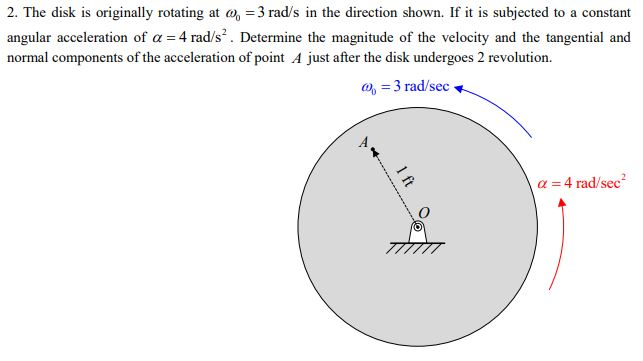


Their basic emotional and physical needs must be consistently met by caregivers. To feel safe and develop trust, infants and young children need a stable, caring environment. It's important to have your child evaluated by a pediatric psychiatrist or psychologist who can determine whether behaviors indicate a more serious problem. Sometimes young children may display some temporary signs and symptoms, but they tend to be brief, minor or don't cause developmental problems. Some signs can occur in children who don't have reactive attachment disorder or who have another disorder, such as autism spectrum disorder. No interest in playing peekaboo or other interactive gamesĬonsider getting an evaluation if your child shows any concerning signs that persist across time.Watching others closely but not engaging in social interaction.Not seeking comfort or showing no response when comfort is given.Unexplained withdrawal, fear, sadness or irritability.

There's little research on signs and symptoms of reactive attachment disorder beyond early childhood, and it remains uncertain whether it occurs in children older than 5 years. Reactive attachment disorder usually starts in infancy.


 0 kommentar(er)
0 kommentar(er)
